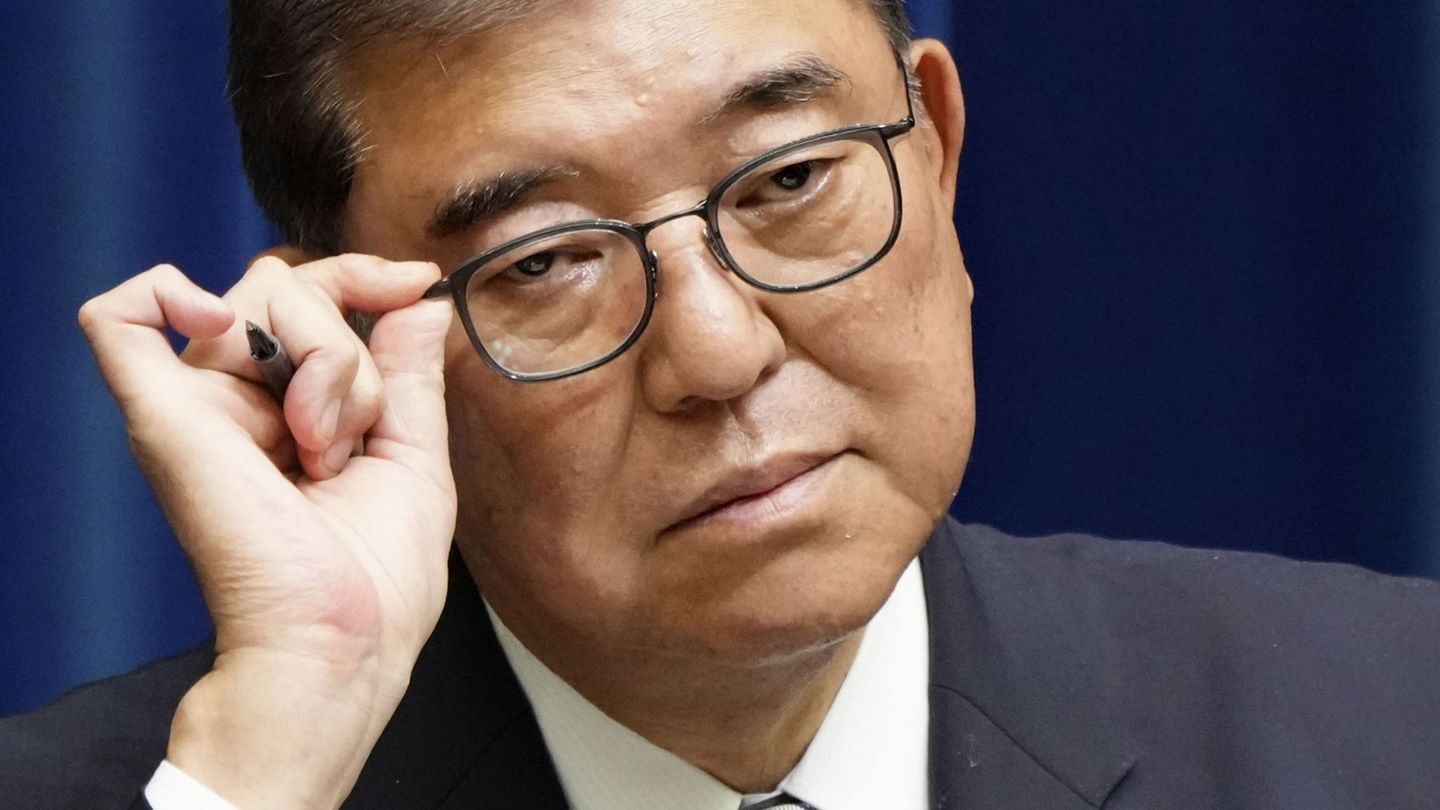I have been working in the news industry for over 6 years, first as a reporter and now as an editor. I have covered politics extensively, and my work has appeared in major newspapers and online news outlets around the world. In addition to my writing, I also contribute regularly to 24 Hours World.
Menu
Government crisis: Japan’s head of government Ishiba gives up
Categories
Most Read
CDU closed meeting: CDU struggles to differentiate itself from the AfD
October 19, 2025
No Comments
Trump mocks protests with AI videos as a king dropping feces
October 19, 2025
No Comments
Fabian from Güstrow: Tense atmosphere at the family service
October 19, 2025
No Comments
Gaza: Israel’s army confirms airstrikes on Rafah
October 19, 2025
No Comments
Demonstrations: “No Kings”: mass protests against Trump in the USA
October 19, 2025
No Comments
Latest Posts

They will do everything possible to generate panic with the dollar
October 19, 2025
No Comments
The president Javier Mileitrue to his style, was active on social networks in the last few hours. This time he positioned himself on two central

Meat increased less than inflation in the last four months: the reasons
October 19, 2025
No Comments
October 19, 2025 – 1:18 p.m. Meat prices have remained stable in recent months, but consumption remains historically low. Reuters In the last four months,

Selena Gomez and Benny Blanco: First appearance as a married couple in pure elegance
October 19, 2025
No Comments
Lisa HarrisI am an author and journalist who has worked in the entertainment industry for over a decade. I currently work as a news editor
24 Hours Worlds is a comprehensive source of instant world current affairs, offering up-to-the-minute coverage of breaking news and events from around the globe. With a team of experienced journalists and experts on hand 24/7.

